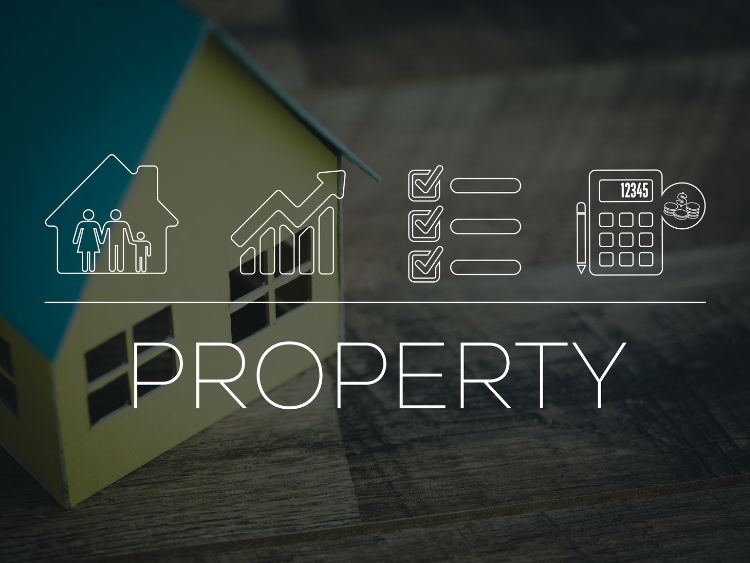


Are you knee-deep in the complexities of managing your property or properties? Whether you’re a seasoned property owner or a newcomer to the game, effective property management can feel like a tightrope walk. But don’t worry, you’ve got this—and we’re here to help! In this in-depth guide, we’ll break down the essentials of property management, offering practical advice, savvy tips, and some industry secrets to help you navigate this challenging yet rewarding field.
Property management involves the oversight and operation of real estate, whether it’s residential, commercial, or industrial. This field demands a mix of skills from marketing and leasing to maintenance and tenant relations. Good property managers don’t just keep their properties running smoothly—they also maximize profitability while maintaining happy, safe environments for tenants.
To truly understand what this role entails, let’s dive into the primary responsibilities of a property manager:
Becoming a top-notch property manager requires a mix of education, experience, and personal skills. Typically, property managers have a background in real estate or business administration, coupled with certifications in property management. Experience in customer service, negotiation, and conflict resolution is also tremendously beneficial.
Property management isn’t just about fixing leaky taps or collecting rent—it’s about strategic administration that enhances property value and tenant satisfaction. Here are some golden rules to follow:
In today’s tech-driven world, selecting the right software is crucial. Look for features that fit your specific needs, such as:
No doubt, property management comes with its fair share of challenges. From handling emergency repairs at midnight to dealing with difficult tenants, the job can test your patience and skills. Effective problem-solving and strong interpersonal skills are essential to navigate these waters smoothly.
Understanding and complying with the laws can be daunting. Regular updates to landlord-tenant laws may require you to adjust your management practices or face hefty penalties.
Q: How often should I perform property inspections? A: At least once a year for formal inspections, but more frequent checks can help identify issues before they become serious problems.
Q: What’s the best way to handle tenant disputes? A: Maintain professionalism, listen to all sides, and strive for fair resolutions. Sometimes, bringing in a mediator can help.
Q: Can technology replace a property manager? A: While technology can enhance efficiency, the personal touch and expertise of a skilled property manager are irreplaceable.
Property management is both an art and a science. It requires a blend of technical skills, people management, and a dash of intuition. By staying informed, proactive, and responsive, you can master the complexities of this field and turn property management into a rewarding aspect of your real estate investment.